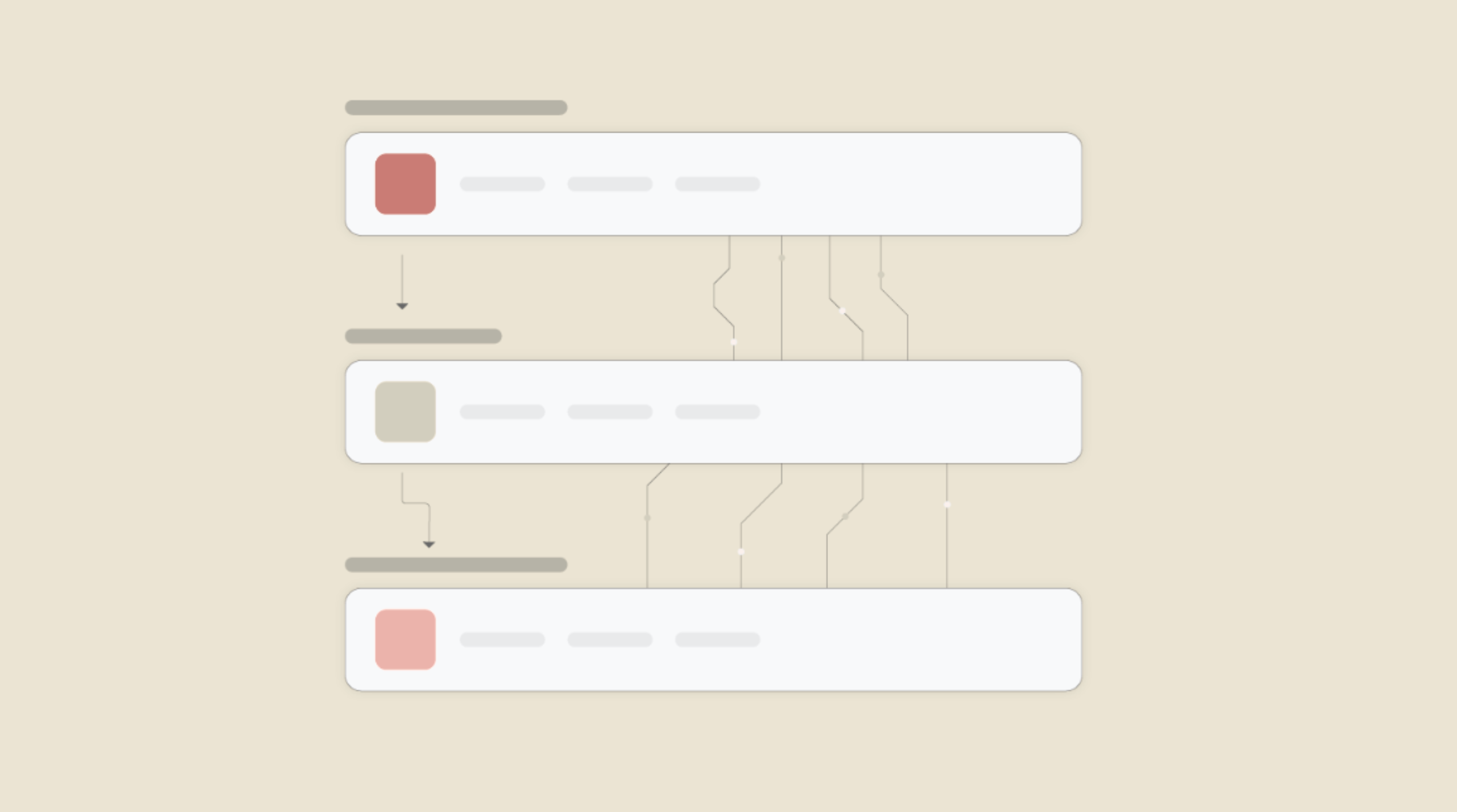Connect SquaredUp and D3.js to Build Intelligent Automations
Choose a Trigger

When this happens...
- Request a new Trigger for SquaredUp
Choose an Action

Automatically do this!
- Request a new Action for D3.js
Enable Integrations or automations with these events of SquaredUp and D3.js
Enable Integrations or automations with these events of SquaredUp and D3.js
Actions
Create User
Create Tenent User.
Delete User
Deleting the User using Email.
Search User
This action search user by email id.
Create Tenant Group
Create a new tenant group with a display name, description.
Delete Tenant Group
Delete an existing tenant group by specifying its unique group ID.
Update Tenant Group
Update the details of an existing tenant group, including its name, description, and associated users.
Explore more automations built by businesses and experts
Automate Instagram Comment Replies with Smart DMs
- text is ai
 ReplytoComment
ReplytoComment Send a Private ReplyAdd Step
Send a Private ReplyAdd Step - Is guide comment
 ReplytoComment Guide
ReplytoComment Guide Send a Private Reply GuideAdd Step
Send a Private Reply GuideAdd Step - multi keyword matchcmntdqJzLMYS
 ReplytoCommentMultiKeywordAdd Step
ReplytoCommentMultiKeywordAdd Step
Automate Expense Report Approvals via Slack & QuickBooks
- Send for Approval accept
 Create Entry of expensesAdd Step
Create Entry of expensesAdd Step - Send for reject
 Mail for RejectionAdd Step
Mail for RejectionAdd Step
Automate Instagram DM Replies, Reactions, and Team Alerts
- has response
 SendDMMessageAdd Step
SendDMMessageAdd Step - Notify team
 SendMailAdd Step
SendMailAdd Step - has react
 SendDMMessage ReactAdd Step
SendDMMessage ReactAdd Step
Know More About Squaredup and D3 Js Integrations

How viaSocket Works | A Complete Guide
Gain insights into how viaSocket functions through our detailed guide. Understand its key features and benefits to maximize your experience and efficiency.

5 Simple Automation Hacks to Make Your Team Free
Unlock your team's potential with 5 straightforward automation hacks designed to streamline processes and free up valuable time for more important work.

What is Workflow Automation - Definition, Importance & Benefits | A Complete Guide
Workflow automation is the process of using technology to execute repetitive tasks with minimal human intervention, creating a seamless flow of activities.
Frequently Asked Questions
To start, connect both your SquaredUp and D3.js accounts to viaSocket. Once connected, you can set up a workflow where an event in SquaredUp triggers actions in D3.js (or vice versa).
Absolutely. You can customize how SquaredUp data is recorded in D3.js. This includes choosing which data fields go into which fields of D3.js, setting up custom formats, and filtering out unwanted information.
The data sync between SquaredUp and D3.js typically happens in real-time through instant triggers. And a maximum of 15 minutes in case of a scheduled trigger.
Yes, viaSocket allows you to add custom logic or use built-in filters to modify data according to your needs.
Yes, you can set conditional logic to control the flow of data between SquaredUp and D3.js. For instance, you can specify that data should only be sent if certain conditions are met, or you can create if/else statements to manage different outcomes.
About SquaredUp
SquaredUp provides engineering teams with end-to-end visibility of their business-critical applications, allowing them to monitor and manage the health, performance, and overall status of their systems.
Learn MoreAbout D3.js
D3.js is a powerful JavaScript library for producing dynamic, interactive data visualizations in web browsers. It leverages the full capabilities of modern web standards, combining HTML, SVG, and CSS to bring data to life with a focus on web standards and flexibility.
Learn More